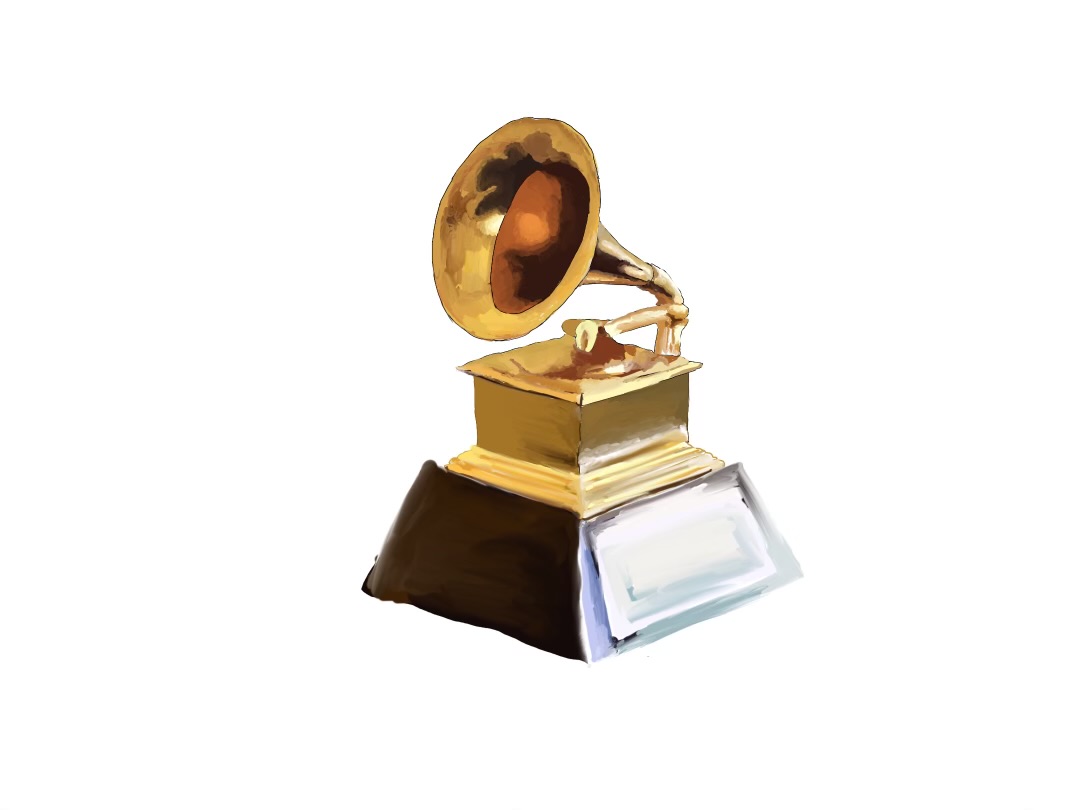
While many artists lose the appeal of their style over time by adopting a more commercial, pop sound, One Direction’s newest album Four proves that they plan to achieve the opposite of that phenomenon. Named in honor of their fourth album, Four marks the English-Irish boy band’s achievement of reaching an individual, unique sound that sets them far apart from other pop groups. The boys who belted out bubblegum pop ballads in their first two albums are almost unrecognizable in the folk and indie influenced tracks of Four. The transformation has also affected the boys’ public images, as the members have started to adopt an edgier and less clean-cut style than in the early years of their career. After experimenting with several different genre influences in their previous album Midnight Memories, One Direction seems to have finally settled on mellow pop, heavily dependent on vocals and lyricism.
While the album’s first single “Steal My Girl” is not exactly a lyrical marvel, it does introduce the album to a point. The song, while not upbeat, still maintains a catchy, pop vibe while showing off the band members’ impressive, developed vocals. Four’s second single, “Night Changes,” gives a better view of the band’s maturation. It combines all of the best elements of the album: advanced lyricism, smooth vocal harmonies, and a soothing, slow sound that characterizes the majority of the album.
Written by Ed Sheeran, “18” follows in the footsteps of “Night Changes” as a simple, acoustic love ballad. Although the track was written by Sheeran for the boy band, it is only one of two songs in which the members of One Direction had no involvement in the writing process. In the past, One Direction wrote only a few songs on each album; for example, their debut Up All Night contains only three songs written by members of the band. However, tracks such as “Fool’s Gold” and “Spaces” show that the boys themselves can back up their vocal talent with writing skills; both songs are more lyrically advanced than the trite pop ballads of their previous albums. They also sustain a folk-influence that they discovered in their previous album. “Ready to Run” and “Fireproof” exemplify this folk-pop sound, with the latter’s emphasis on tight harmony, making the song stand out as one of the best.
Although the boys have moved away from their huge pop anthem days, Four still has a good amount of upbeat songs that manage to maintain their dynamic sound. “Girl Almighty” develops an interesting blend of indie-sounding pop and acoustic guitar emphasis, and “No Control” provides a dance-worthy anthem while preserving lyrical integrity. The last two tracks of the album, “Stockholm Syndrome” and “Clouds,” round out the album with huge choruses that define the two as the biggest, most stand-out tracks of Four.
Perhaps the only true disappointment of the album, “Where Do Broken Hearts Go” shows a struggle for the boy band to let go of it’s clean-cut pop roots; the song is littered with cliches and an uninteresting melody that is reminiscent of one of their earlier hits. While it may have been a fitting track in one of the band’s first two albums, it is jarring and out of place among their new, more mature tracks.
While Four marks a great leap forward in terms of the musical quality for One Direction, one can only hope that they will continue on their positive trend of furthering the development of their sound and image in the future.















